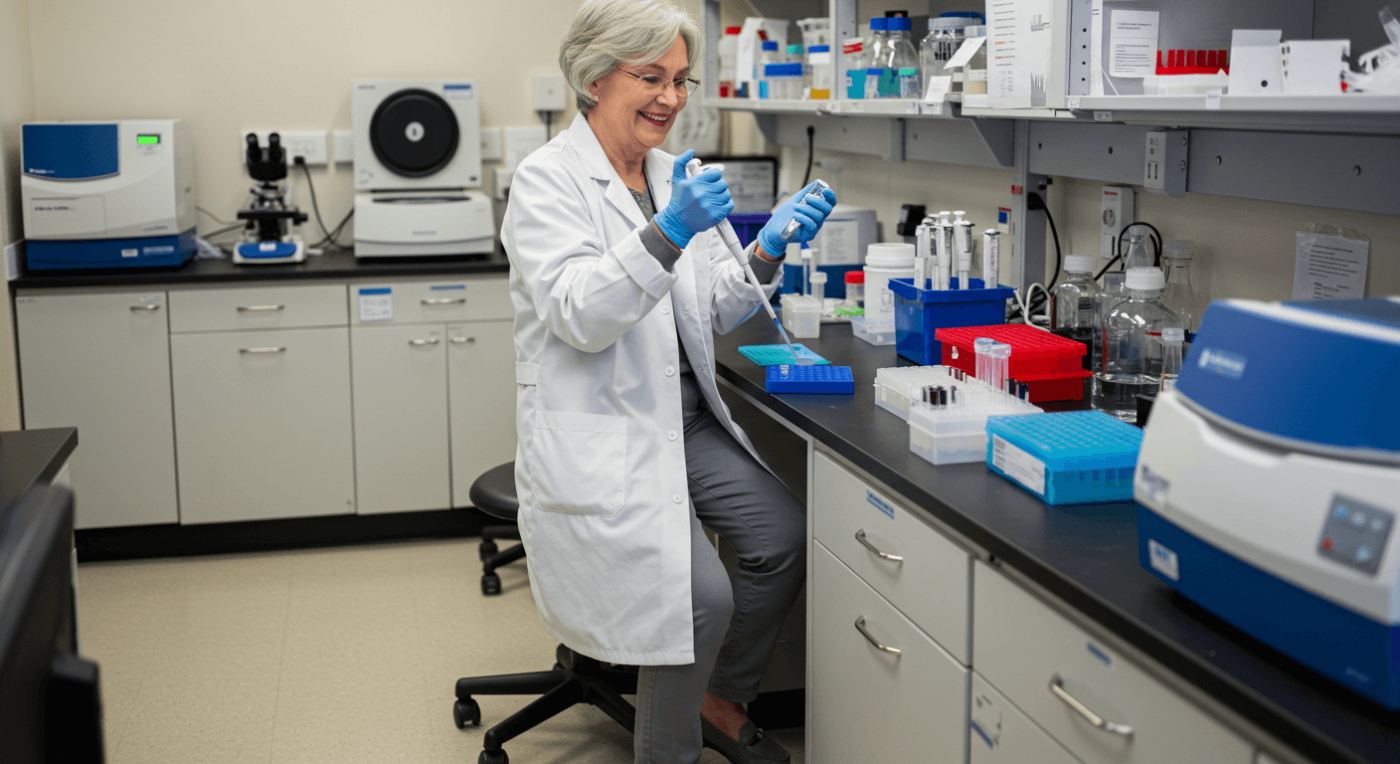
Hi, everyone! This is Leonardo Lippel, Executive at Greiner Bio-One Service Tech. Today I want to have a very direct chat with you, a phlebotomist who has been in the business for years, has a lot of experience in blood collection, but who sometimes feels a little lost with so many changes in the healthcare field.
1. You make all the difference!
If there's one thing I always say, it's that the phlebotomist is the first person the patient meets after being admitted. You're the one who calms the patient down, explains the patient's situation, and takes care of every detail during the collection process. And, look, it doesn't matter if you have a new computer, a modern system, or an advanced machine: without your human touch, the patient feels insecure.
- Your welcoming manner helps to reduce fear of needles.
- Your patience makes the patient trust and return to the same laboratory.
- Your experience is worth its weight in gold: you know every type of vein, every different reaction.
2. Technology is an ally, not an enemy
I know that sometimes seeing so many new things can give you butterflies in your stomach. There are computer programs, tracking systems and even Artificial Intelligence. But the truth is that these technologies are here to make your work easier, not to replace you.
- Less paper, less error: Automatic systems help avoid label mix-ups and ensure that each sample is correctly identified.
- More time for the patient: With the “boring” part automated, you can dedicate yourself to talking, guiding and making the patient calmer.
3. How to keep the human side strong?
Even with all the modernity, some simple attitudes make a difference:
- Call the patient by name: Show that you care about the person in front of you.
- Explain what you are going to do: Use easy words, say how long it takes, why the exam is important.
- Listen to concerns: Some people are terrified of needles. Others come with a lot of questions. Take a few minutes to listen.
- Be honest: If the exam is more difficult, let me know. But also say that you will take care to make it quick and safe.
4. Don't be afraid to learn
We know that many veteran phlebotomists have not had access to advanced courses or higher education. But that doesn't stop you from learning new things every day:
- Ask younger colleagues how the new systems work.
- Ask IT for help or your supervisor when you have any questions.
- Participate in training courses and lectures whenever you can. This way, you stay up to date with the latest developments and also increase your value in the job market.
5. Your value is unique
With your experience, you have seen it all: people with difficult access to veins, children who cry, adults who faint... And it is precisely this experience that makes you an essential professional in the laboratory. Technology does not have your eyes, does not have your attentive listening and cannot provide that “human warmth” that only you know how to give.
So, fellow phlebotomists, don't let the changes shake you. Keep doing what you do best: welcoming, guiding and caring for patients. Remember: modernizing the laboratory is an ally to make your day-to-day easier, not to take your place. And whenever you need help or want to exchange ideas, count on me and the team at Greiner Bio-One Service Tech.
Leonardo Lippel
Account Executive | Greiner Bio-One Service Tech

